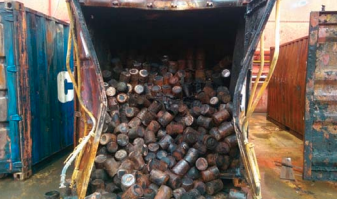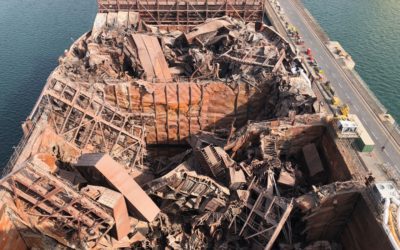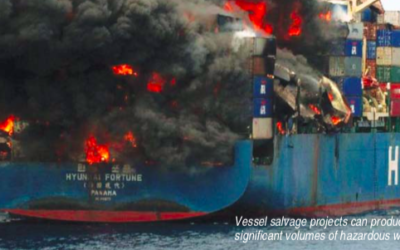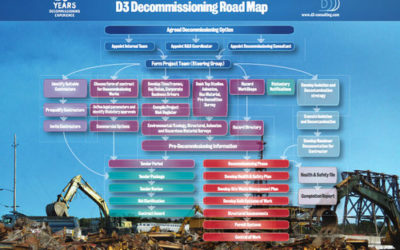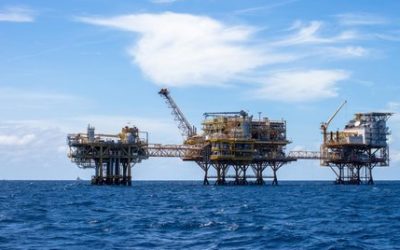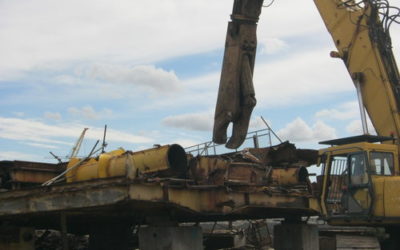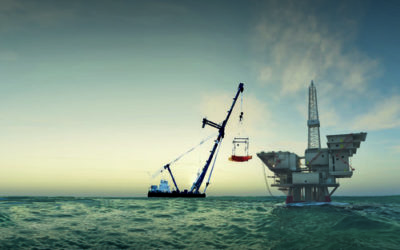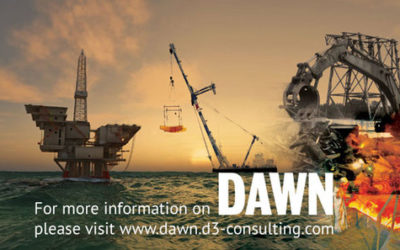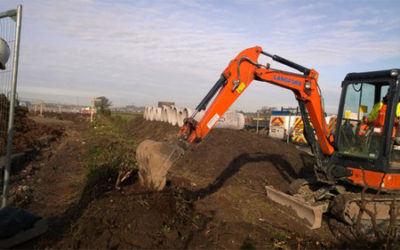Salvage and Decommissioing – Act early to secure contracts
Act eary to secure contractsThis article was first published in the November / December 2019 edition of IT&O magazine. A PDF copy can be found...
Managing waste: what are the options?
Managing waste: what are the options?This article was first published in the September/October 2019 edition of IT&O magazine. A PDF copy can ebe...
Solving the waste management conundrum
Solving the waste management conundrum Salvage and offshore decommissioning projects tend to produce a high volume and wide range of waste. In the...
D3 Decommissioning Road Map
D3 Decommissioning Road Map Step-by-step overview for decommissioning planning and implementation to international regulatory compliance standards....
D3 Consulting Launches Upgraded Waste Management Tool to Decommissioning Market
D3 Consulting Launches Upgraded Waste Management Tool to Decommissioning Market D3 Consulting has launched an upgraded version of its...
D3 Consulting Offers Decommissioning Waste Management Expertise to Industry
D3 Consulting Offers Decommissioning Waste Management Expertise to Industry D3 Consulting has launched a comprehensive waste management advice...
R2S
R2S At D3 Consulting, we support offshore operators and their supply chains with bespoke offshore decommissioning solutions to facilitate safe,...
D3 Consulting Offers Decommissioning Waste Management Expertise to Industry
D3 Consulting Offers Decommissioning Waste Management Expertise to Industry D3 Consulting has been awarded a six figure contract with a major...
DAWN: Materials Inventories just got Easier
DAWN: Materials Inventories just got Easier D3 Consulting launches a new Materials Inventory and Waste Characterisation system already in use for 19...
D3 Demolition Tip: Ecology
D3 Demolition Tip: Ecology The demolition of certain buildings will need approval from the local planning authority and if this is the case then the...
CONTACT D3 CONSULTING
If you'd like to discuss your requirements with on of the team, please do call the office on +44 (0)1803 840888.
Sign up with your email address to receive news and updates.
We respect your privacy.

